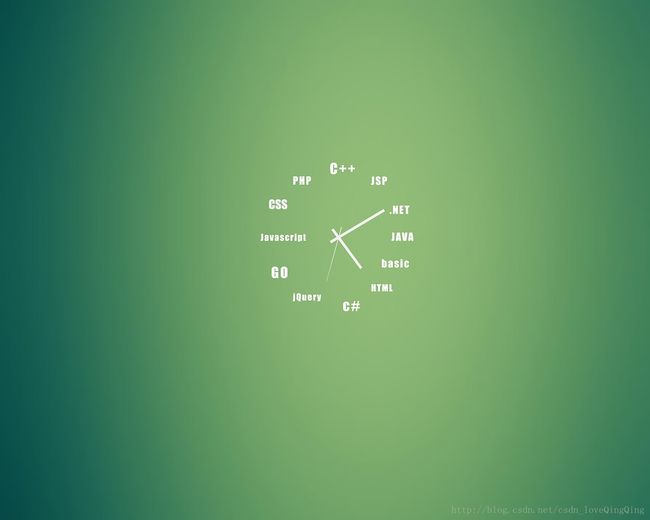Android压缩包下载解压
使用说明:在需要处理大文件下载,为了节省流量就在后台做成了压缩包,app端联网下载到本地解压使用;
使用步骤:
1 联网下载
在下使用的是okGo,此框架比Retrufit还简单,为什么不用呢。
okGo下载文件和下载其他是不一样的联网方法:
OkGo.post(Constants.HEART_URL + drawingUrl) .tag(this) .connTimeOut(30000) .params("conditionParam", "") .isMultipart(true) .execute(fileCallback);看出来了吧,不一致的地方.execute(FileCallback)
FileCallBack的常用方法:
/** * 下载zip文件的回调 */ public FileCallback fileCallback = new FileCallback() { @Override public void onSuccess(File file, okhttp3.Call call, okhttp3.Response response) { ToastUtil.showToast("文件下载成功"); } @Override public void onBefore(BaseRequest request) { cancelProgressDialog(); } @Override public void downloadProgress(long currentSize, long totalSize, float progress, long networkSpeed) { LogUtil.e("下载进度currentSize:" + currentSize + " totalSize:" + totalSize + " progress:" + progress + " networkSpeed:" + networkSpeed); int answer = (int) ((progress*100)/1); showProgressDialog("正在下载图纸"+ answer + "%"); } @Override public void onAfter(File file, Exception e) { cancelProgressDialog(); } @Override public void onError(okhttp3.Call call, okhttp3.Response response, Exception e) { cancelProgressDialog(); ToastUtil.showToast("下载失败" + e.getMessage()); } };关于用法,请直接百度下。这里需要详细解释用法的是解压:
2 在下载成功的回调fileCallBack的onSucess()方法里调用自定义工具类直接解压,
解压工具类:
import java.io.BufferedInputStream; import java.io.BufferedOutputStream; import java.io.File; import java.io.FileOutputStream; import java.io.IOException; import java.io.InputStream; import java.io.OutputStream; import java.io.UnsupportedEncodingException; import java.util.Enumeration; import java.util.zip.ZipEntry; import java.util.zip.ZipFile; /** * Created by sensyang on 2018/1/5. * @author: 一个人的暗 * @Emial:[email protected] */ public class ZipUtil { public static ZipUtil instance; public static ZipUtil getInstance(){ if (instance == null) { instance = new ZipUtil(); } return instance; } /** * 解压 * @param PATH 解压到的地址 * @param zipName zip文件 */ public boolean unZip(String PATH,String zipName) { boolean isOver = true; File file = new File(zipName); LogUtil.e("进入解压"); try { upZipFile(file, PATH); // upZipFile(zip文件,解压到的地址); } catch (IOException e) { e.printStackTrace(); isOver = false; ToastUtil.showToast("解压失败"+ e.getMessage()); } return isOver; } /** * 解压缩 * 将zipFile文件解压到folderPath目录下. * @param zipFile zip文件 * @param folderPath 解压到的地址 * @throws IOException */ private void upZipFile(File zipFile, String folderPath) throws IOException { ZipFile zfile = new ZipFile(zipFile); Enumeration zList = zfile.entries(); ZipEntry ze = null; byte[] buf = new byte[1024]; while (zList.hasMoreElements()) { ze = (ZipEntry) zList.nextElement(); if (ze.isDirectory()) { String dirstr = folderPath + ze.getName(); dirstr = new String(dirstr.getBytes("8859_1"), "GB2312"); File f = new File(dirstr); f.mkdir(); continue; } OutputStream os = new BufferedOutputStream(new FileOutputStream(getRealFileName(folderPath, ze.getName()))); InputStream is = new BufferedInputStream(zfile.getInputStream(ze)); int readLen = 0; while ((readLen = is.read(buf, 0, 1024)) != -1) { os.write(buf, 0, readLen); } is.close(); os.close(); } zfile.close(); } /** * 给定根目录,返回一个相对路径所对应的实际文件名. * @param baseDir 指定根目录 * @param absFileName 相对路径名,来自于ZipEntry中的name * @return java.io.File 实际的文件 */ public File getRealFileName(String baseDir, String absFileName) { String[] dirs = absFileName.split("/"); File ret = new File(baseDir); String substr = null; if (dirs.length > 1) { for (int i = 0; i < dirs.length - 1; i++) { substr = dirs[i]; try { substr = new String(substr.getBytes("8859_1"), "GB2312"); } catch (UnsupportedEncodingException e) { e.printStackTrace(); } ret = new File(ret, substr); } if (!ret.exists()) { ret.mkdirs(); } substr = dirs[dirs.length - 1]; try { substr = new String(substr.getBytes("8859_1"), "GB2312"); } catch (UnsupportedEncodingException e) { e.printStackTrace(); } ret = new File(ret, substr); LogUtil.e("解压后的路径1:"+ ret.getAbsolutePath()); return ret; } return ret; } }
调用方法:
String dirName = Environment.getExternalStorageDirectory() + "/YaRui/"; File f = new File(dirName); //不存在创建 if (!f.exists()) { f.mkdir(); } ZipUtil.getInstance().unZip(f.getAbsolutePath(),file.getAbsolutePath());
所有代码亲测有用,有问题请咨询:
532245792 一个人的暗,谢谢。(也是转自前辈的,但是看的太多了,到底是说的?)
